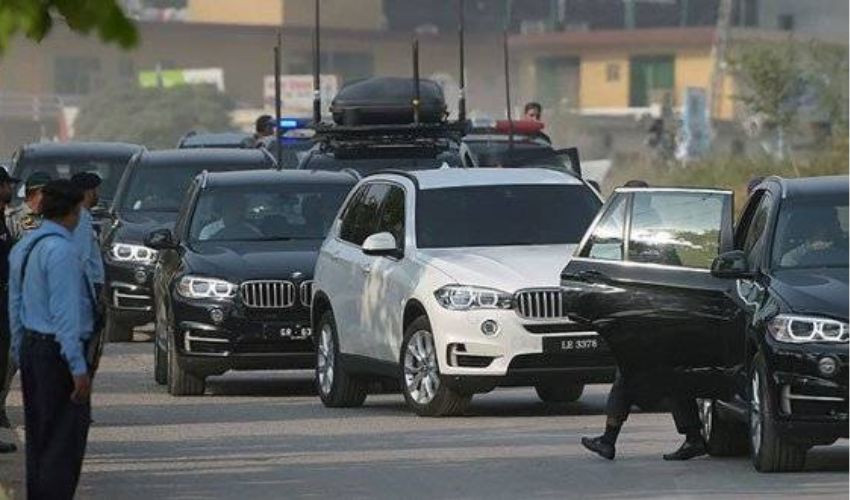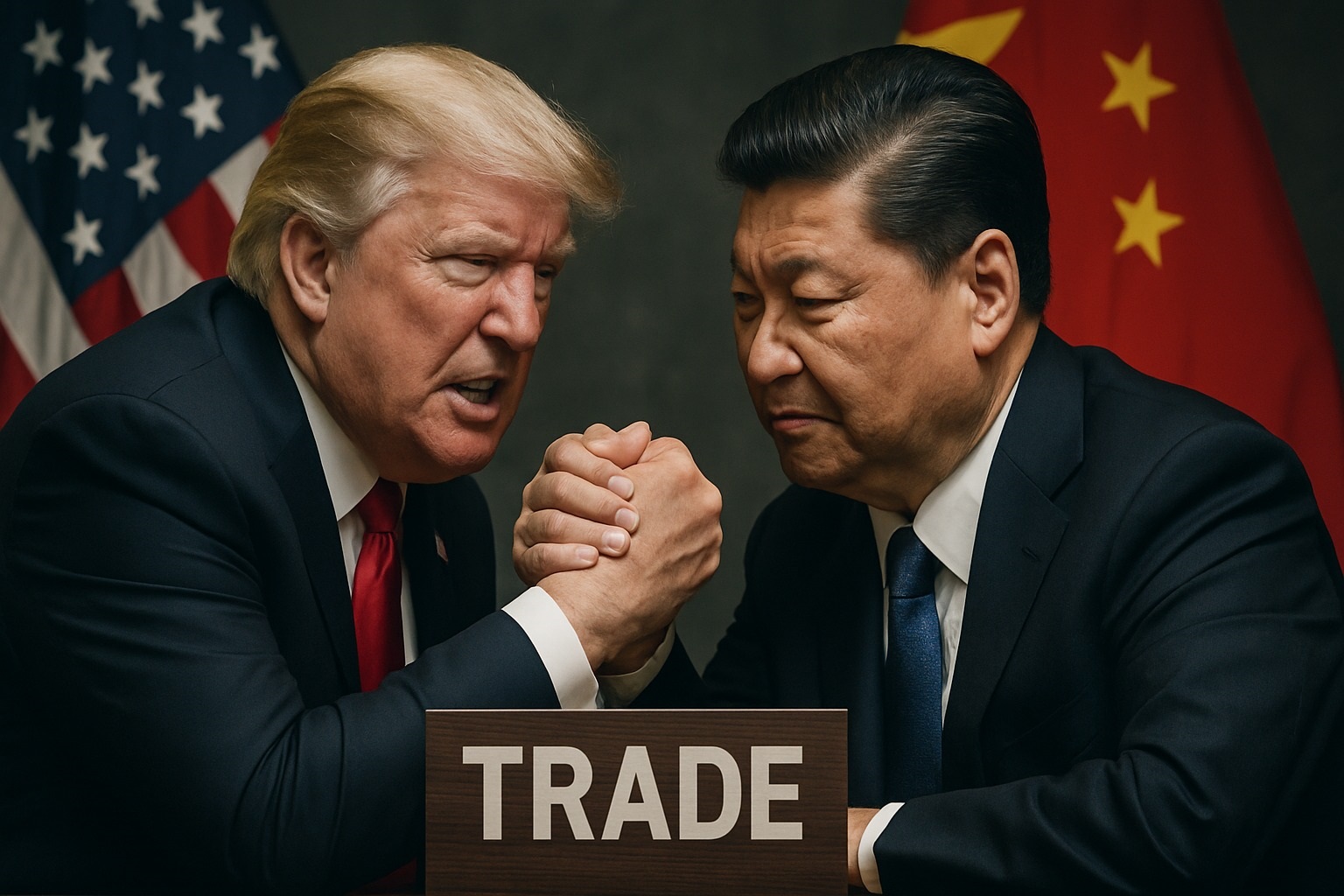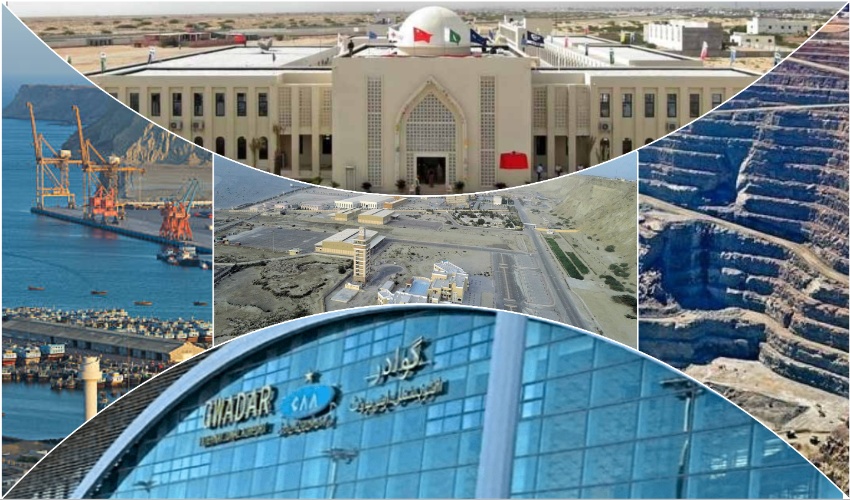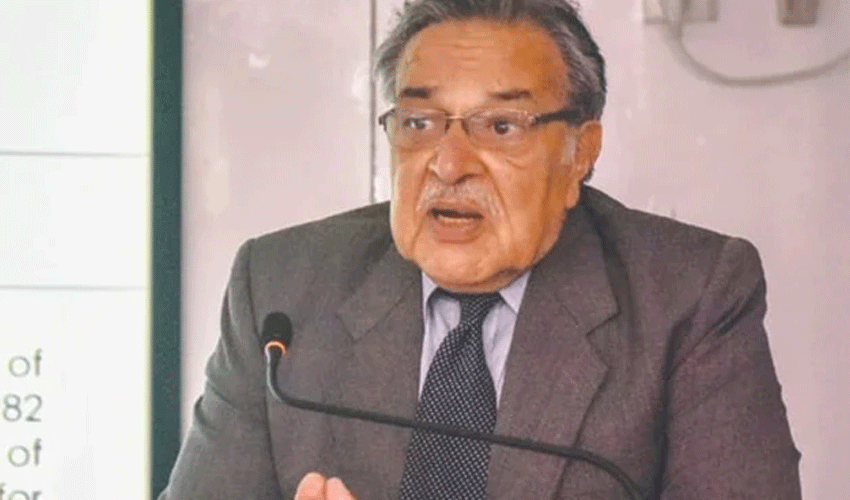The glaring misuse of official vehicles by the bureaucracy in Punjab has evolved into a systemic and chronic issue, putting a big question mark over the integrity of public service officials.
Throughout the province, this practice has proliferated, with bureaucrats often indulging in the privilege of multiple official vehicles while blurring the lines between personal and official usage.
This decades old issue is deeply ingrained, with influential bureaucrats flouting the vehicles policy and availing themselves of (vehicular) perks beyond their official entitlements. From keeping excess vehicles instead of rationalizing allocation based on genuine operational requirements and employing official drivers to using government-funded fuel for personal use, the misuse extends to fraudulent practices including inflated repair and maintenance costs.
This dishonest practice has permeated into every government department, which has been resulting in bleeding of the scarce government resources and adversely undermining the public trust in governance. The hoarding of official resources also squanders taxpayer money.
Likewise, numerous official vehicles belonging to the Punjab government have been left to decay under the sky as they remain undisposed of due to the blatant official neglect, which reflects apathy on the government officials as well as poses environmental hazards over time.
This has been happening due to the absence of any proper decayed vehicles disposal policy in the province.
In many instances, astute bureaucrats capitalize on the fuel and maintenance expenses associated with these discarded vehicles, diverting funds into their own pockets under the guise of official business.
This misuse of resources not only perpetuates financial waste but also reflects a concerning lack of accountability within the bureaucracy and burden on the kitty underscoring systemic inefficiencies and lack of stringent oversight.
It is high time that the Punjab government reconsiders its approach to transportation services, transitioning from the provision of dedicated vehicles, drivers, fuel, and maintenance costs for officials, to outsourcing these services to private transportation companies.
This shift holds the potential to streamline operations, enhance efficiency, and significantly reduce government expenditure.
By engaging private transportation firms, the Punjab government can avail itself of a range of benefits. Firstly, it will result in reducing official vehicles-related expenses to almost half or even below the current expenditure. Secondly, it will enable the government to tailor transportation solutions to meet the specific needs of bureaucrats, providing them with pick-up and drop-off services in accordance with their entitlements. Thirdly, it will ensure that officials have reliable and convenient means of travel, without the administrative burden of managing vehicle logistics.
Fourthly, the Punjab government can enter into a contract with established transportation companies or leveraging ride-hailing platforms such as Uber, In Drive and Careem keeping some dedicated vehicles in the pool for official travel beyond the prescribed working hours.
These platforms offer flexibility and accessibility, allowing bureaucrats to schedule rides as needed, optimizing resource allocation and minimizing downtime.
Fifthly, private transportation companies often offer modern fleets equipped with advanced technology, enabling efficient scheduling, tracking, and monitoring of vehicles. By outsourcing transportation services, the Punjab government will be able to monitor and track the usage of vehicles by the government officials.
Sixthly, urgent action is required for the disposal of discarded vehicles and implementation of transparent procedures and heightened scrutiny over expenditure related to official vehicles.
Transitioning to outsourced transportation services for bureaucrats also aligns with global best practices in governmental efficiency and resource management. Numerous countries have adopted this approach as a part of broader efforts to modernize public services, enhance operational efficiency, and contain costs.
In the United Kingdom and the United States of America, outsourcing transportation services for government employees has been a strategic endeavour aimed at enhancing efficiency, reducing costs, and improving service quality. Through strategic collaborations and a focus on efficiency and service excellence, these countries have transformed their transportation systems to better meet the needs of public sector workers and constituents alike.
By tackling the systemic issues underlying the misuse of official vehicles, Punjab cannot only safeguard its financial resources but also enhance the efficiency and credibility of its public administration.
The Punjab government under the leadership of Maryam Nawaz Sharif is ideally placed to take the lead for outsourcing of the transportation services for bureaucrats. Only through proactive measures can the Punjab government curb such practices and uphold the integrity of public service.



























